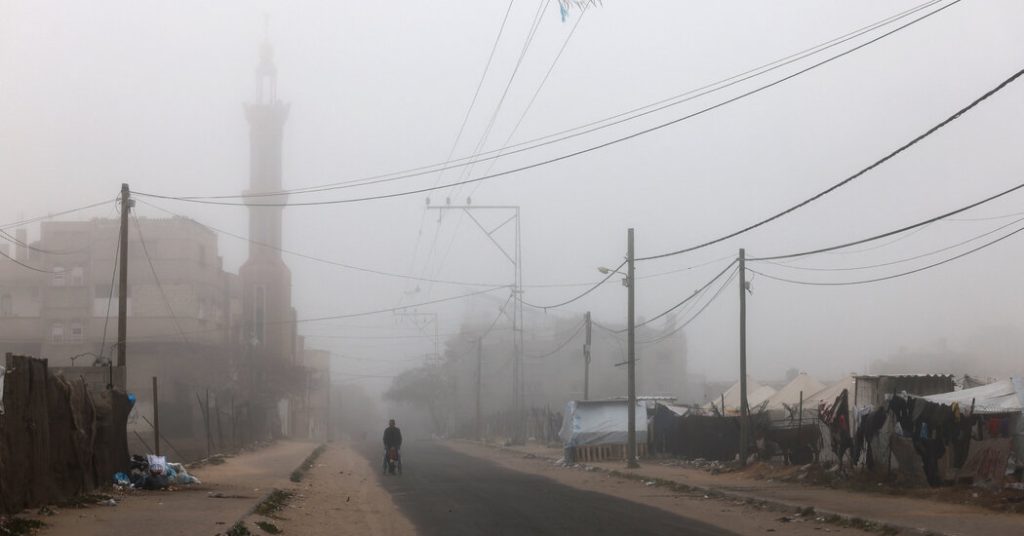Benjamin Netanyahu, despite being seen as incompetent, corrupt, and divisive by many, is correct in his assertion that it is crucial for Israel to conquer Rafah and destroy the Hamas battalions there. This is necessary for Palestinian-Israeli peace, regional stability, and the future welfare of Israel, especially for those living in the south of the country. However, the decision to invade Rafah is still uncertain, as the Biden administration has strongly cautioned against it, warning of potential harm to civilians and Israel’s security. The prospect of international sanctions and Egypt’s opposition to the invasion further complicate the situation.
The assault on Rafah is expected to result in civilian casualties, adding to the already high death toll in Gaza. Egypt has warned Israel to stay out of Rafah due to the potential overflow into the Sinai Peninsula. Additionally, any operation in Rafah would be protracted due to the Hamas tunnel system and the likelihood of Israeli hostages being present. The decision to invade Rafah is also likely to face opposition from both the Israeli public and the potential for escalating conflict with Lebanon’s Hezbollah, which could lead to a wider regional conflict.
Despite the risks and challenges, taking Rafah is crucial in order to demolish Hamas as a military and governing organization. Failure to do so could result in a rearmed Hamas gaining control and threatening southern Israel. The defeat of Israel in this conflict could also embolden other enemies of Israel and undermine the Zionist mission to provide a safe haven for the Jewish people. Therefore, invading Rafah is seen as vital to eliminating Hamas and restoring safety to Israel, despite the numerous obstacles and potential consequences involved.
The potential consequences of allowing Hamas to emerge victorious, including threats to Israel’s security and the undermining of Zionism, are severe. Critics of peace with Israel may be emboldened, and the conflict could escalate further, endangering the lives of civilians in both Israel and Gaza. The current situation has raised doubts about the effectiveness of Zionism and its ability to ensure the safety and well-being of the Jewish people in the region. In this context, the decision to invade Rafah is seen as a necessary step to protect Israel and its citizens from future threats and violence.
Benny Morris, a professor emeritus of Middle Eastern history, emphasizes the importance of eliminating Hamas and restoring safety to Israel, even if it means conducting a risky and challenging invasion of Rafah. The potential consequences of a failed invasion, including the rearming of Hamas and the perception of Israeli weakness, make the decision to take action a matter of urgency. Despite the complexities and risks involved, the long-term security and stability of Israel and its citizens depend on the successful eradication of Hamas and the restoration of peace in the region.


